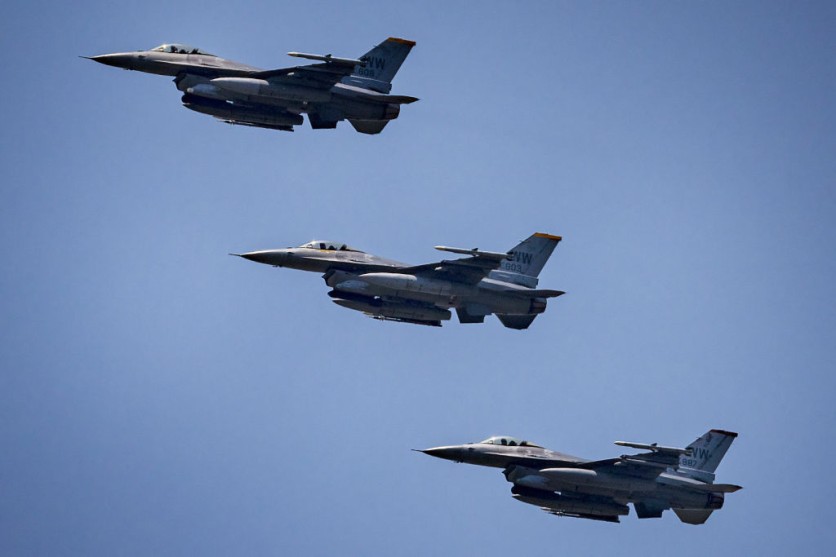The US Air Force has intensified efforts to fast-track the delivery of F-16 fighter jets to Taiwan amidst mounting apprehensions over global security challenges.
Assistant Air Force Secretary Andrew Hunter responded to the concerns raised by two dozen Republican members of Congress regarding potential delays in fulfilling the promised F-16 deliveries to Taiwan (via Bloomberg).

Addressing Delays
Hunter addressed the issues surrounding the retrofitting program for Taiwan's existing F-16s and the delays in delivering 66 new aircraft built by Lockheed Martin Corp.
He noted that while the retrofitting program had successfully delivered 136 aircraft, the remaining three are anticipated for imminent delivery.
However, complications arising from software development have resulted in a 15-month delay in delivering the new fleet of planes, now projected to be completed by the end of 2026.
Representative Rob Wittman, leading the congressional concern, highlighted the criticality of timely deliveries, citing China's increasing military exercises around Taiwan's territories.
The letter, co-signed by House Intelligence Chairman Michael Turner, emphasized the necessity of fulfilling commitments to one of the United States' closest allies without over-promising and under-delivering.
Rising Tensions
Simultaneously, tensions surged following revelations that Chinese leader Xi Jinping recently conveyed to President Joe Biden China's intent to assume control of Taiwan.
Business Insider reports that this disclosure came during discussions on the APEC summit's fringes, where Xi preferred a peaceful takeover rather than resorting to force. Xi refuted US intelligence claims that China was preparing to seize Taiwan by 2027, indicating an undefined timeline for any such action.
The report revealed Xi's efforts to de-escalate tensions and reassure American leaders and business figures amid economic turmoil in China. These statements contrast with recent speeches by Xi, where he ominously hinted at the possibility of a forcible takeover of Taiwan.
US to Defend Taiwan
President Biden reiterated the US commitment to defend Taiwan if attacked, although the White House tempered these remarks, aligning with the long-held stance of "strategic ambiguity" concerning Taiwan's status. This approach acknowledges China's claims while maintaining a veiled promise to support Taiwan's autonomy.
As Taiwan's elections loom closer, the friction between Taiwan and mainland China escalates, amplifying concerns about stability and security in the region.
China's continuous assertion of its right to rule Taiwan, stemming from historical claims dating back to the aftermath of the 1940s civil war, adds a historical context to the present tensions.
The US Air Force's accelerated efforts to expedite F-16 deliveries to Taiwan reflect a critical step amidst geopolitical tensions and uncertainties, underscoring the intricate balance of power and interests in the Asia-Pacific region.
Stay posted here at Tech Times.
Related Article : New US Navy Cyber Strategy Emphasizes Stealthy 'Non-Kinetic Effects' in Future Warfare

Tech Times
ⓒ 2026 TECHTIMES.com All rights reserved. Do not reproduce without permission.




